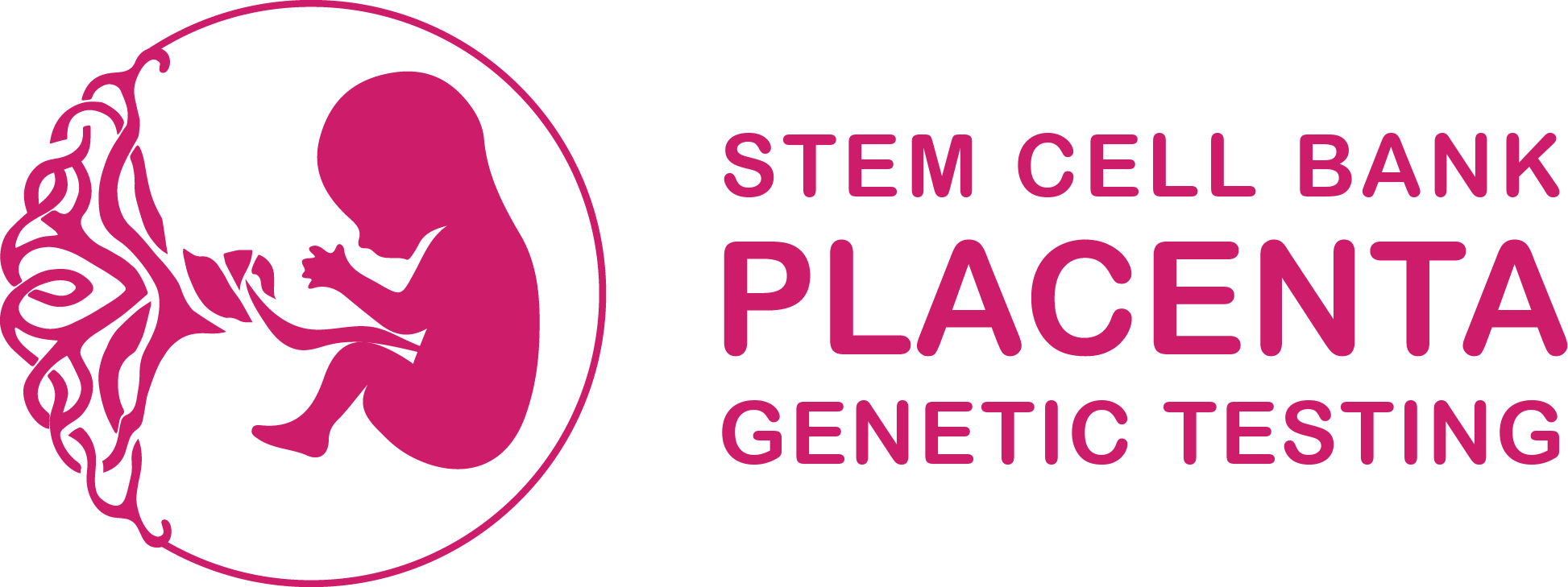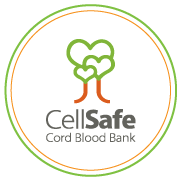FamiBlog
Blood pressure in pregnancy - what is the right pressure?
During pregnancy, regular control of blood pressure is very important. This can prevent serious complications associated with high blood pressure. What are the blood pressure standards for pregnant women? What is the risk of abnormal blood pressure during pregnancy?

07 August 2019
During physiological pregnancy, blood pressure drops by about 10 mmHg. The lowest pressure is reached around the 24th week of pregnancy. This reduction is due to a decrease in peripheral vascular resistance.
Blood pressure should be below 140/90 mmHg during pregnancy. Values of 130-139/85-89 mmHg are considered high normal blood pressure in pregnant women. Blood pressure is usually considered too low when values fall below 100/60 mmHg.
Blood pressure during pregnancy - too low
Low blood pressure in pregnancy, unlike hypertension, is not associated with serious complications in most cases. It may not cause any symptoms. However, low blood pressure in pregnancy often manifests itself as malaise, headache, weakness or palpitations. It may also be associated with fainting spells. To ensure proper blood pressure levels, care should be taken to ensure adequate fluid intake, sufficient sleep and physical activity.
In addition, it is important to know that the lowest blood pressure is measured in a lying position on the left side. Many women also develop hypotensive syndrome when lying on their back during pregnancy. This can lead to heart disorders in the fetus, so it is better to choose another position.
Blood pressure during pregnancy - too high
Hypertension is an important clinical problem affecting an increasing number of pregnant women, due in part to the later age of pregnancy and the increasing prevalence of overweight and obesity. A pregnancy complicated by gestational hypertension is always a high-risk pregnancy. Hypertension or high blood pressure in pregnancy is diagnosed when it exceeds 140/90 mmHg. If it is diagnosed before the 20th week of pregnancy, it is called chronic hypertension. Pregnancy-related hypertension, on the other hand, is diagnosed after the 20th week of pregnancy and disappears in most women within 6 weeks after delivery.
It is very important to treat high blood pressure during pregnancy. It should be remembered that not all medications for high blood pressure are safe during pregnancy. In addition, a healthy lifestyle and regular monitoring of blood pressure are very important to respond as soon as possible if your blood pressure is too high, so that you can go to the hospital.
Why is abnormal blood pressure dangerous during pregnancy?
Low blood pressure does not have serious consequences in most cases. However, it should be remembered that so-called hypotension can lead to fainting and is therefore associated with a risk of injury.
Too high blood pressure during pregnancy can lead to serious complications. In the mother, premature detachment of the placenta or kidney failure may occur. One of the most dangerous complications that can occur are preeclampsia and eclampsia. In addition, the risk of preterm birth, intrauterine growth restriction, and fetal demise is higher with hypertension. Neonates are more likely to require intensive neonatal monitoring, and there are also reports of possible developmental delays (e.g., due to hypoxia) and predisposition to future hypertension in the child.
Sie interessieren sich auch für:
Intimate infections during pregnancy
Many expectant mothers struggle with the annoying symptoms of intimate infections during...
Sore throat during pregnancy
A sore throat is a relatively common condition that also affects pregnant women. However, not all...
Eating raw meat during pregnancy
During pregnancy, the expectant mother has many desires. But not all of them can be freely...
Stem cells and cord blood
Bone marrow was the primary source of stem cells (bone marrow transplantation involves...































